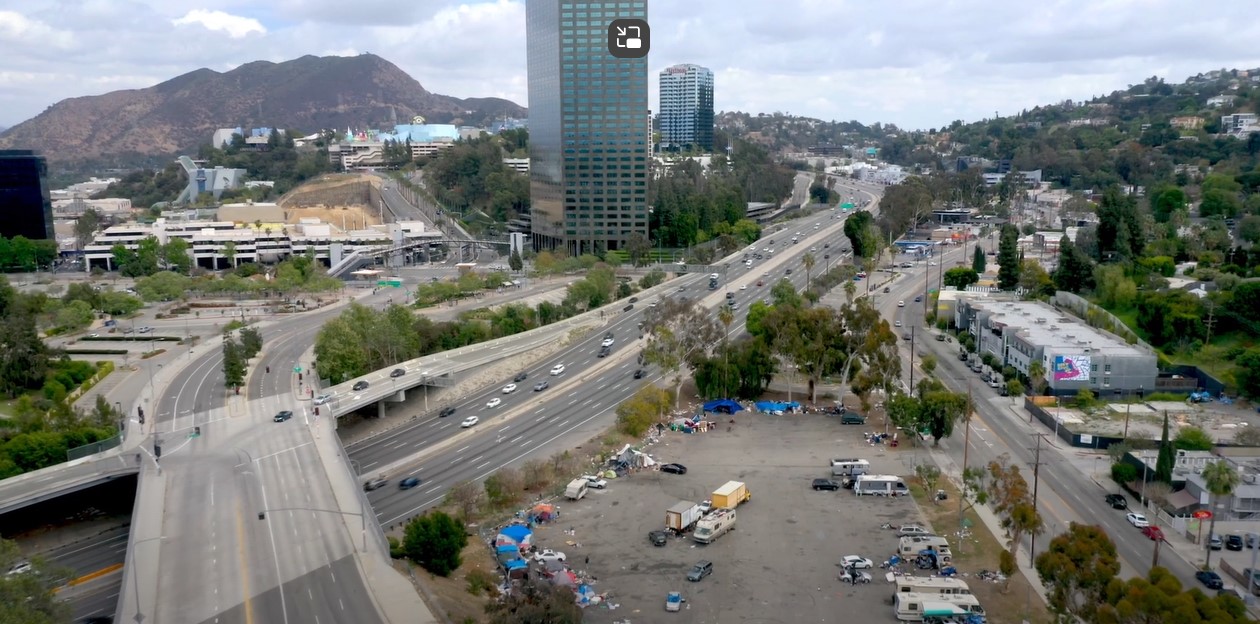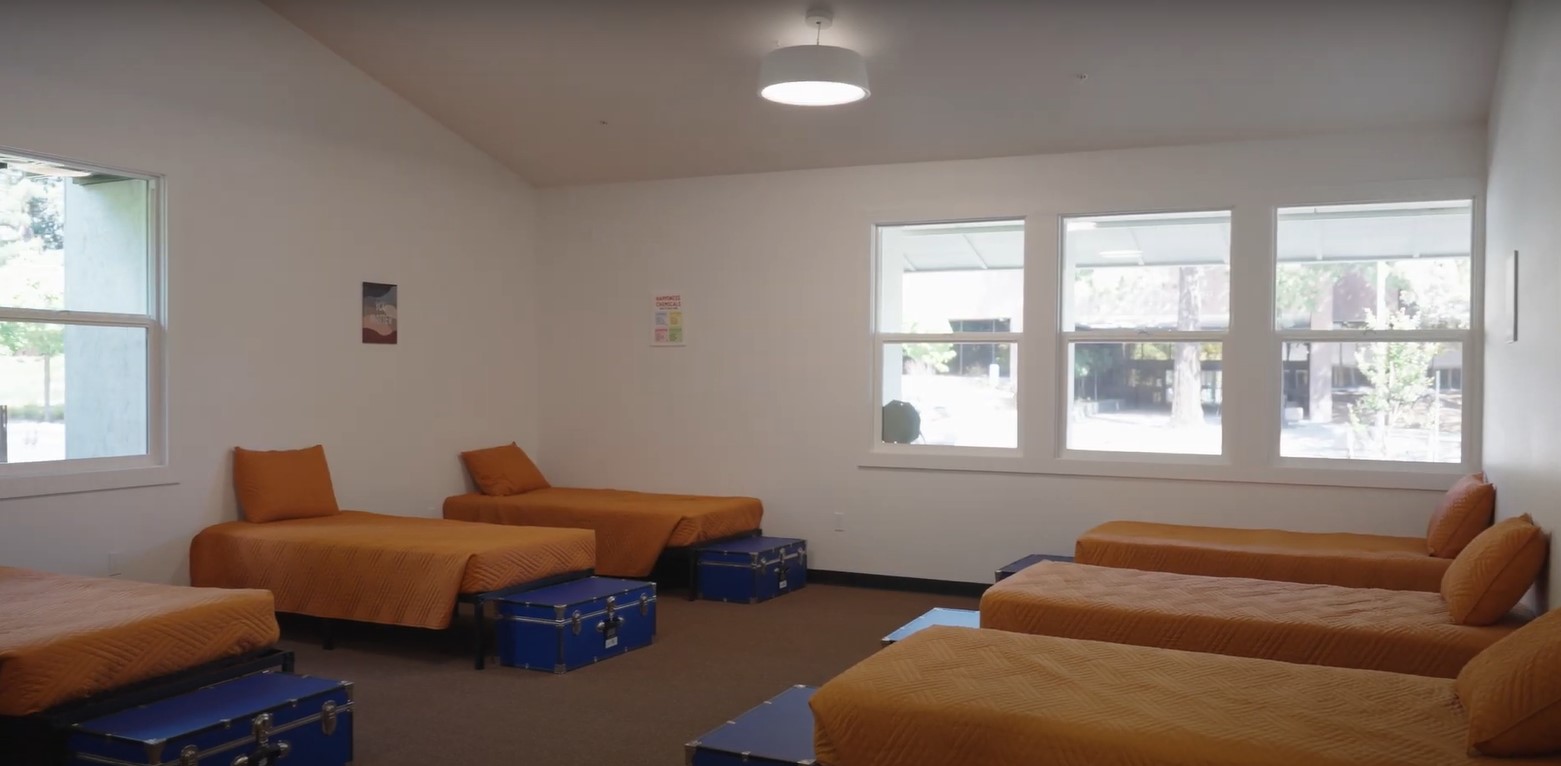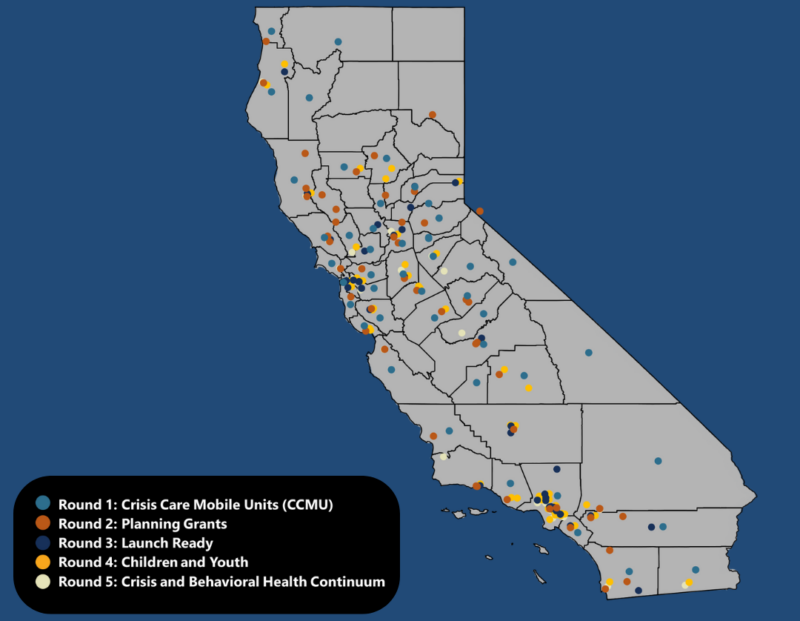
Hope
This short film offers a glimpse into California’s transformative journey to address its behavioral health crisis—from building new facilities and training a workforce to expanding care access across the state…
WATCH NOWWatch this short documentary series exploring the transformative work we support in California.

This short film offers a glimpse into California’s transformative journey to address its behavioral health crisis—from building new facilities and training a workforce to expanding care access across the state…
WATCH NOW
This powerful film examines the critical need for behavioral health infrastructure across California and explores the impact of new funding dedicated to building facilities in every county and community throughout the state…
WATCH NOW
This poignant documentary traverses the state of California, capturing intimate interviews with healthcare professionals, state representatives, and community members…
WATCH NOWBrowse Examples of Our Work in California
State Map of California
233 Projects Awarded in Rounds 1-5 of the
Behavioral Health Continuum Infrastructure Program


requests were received for CCMU services from April 2024 – June 2024.
behavioral health crises were responded to in this same duration of time.
total CCMU contracts were signed to award infrastructure and vehicle funds to counties, city behavioral health authorities, and Tribal entities across California.
Behavioral Health Bridge Housing Program (BHBH)
Through the BHBH program, California DHCS will provide over a billion dollars in funding to county behavioral health agencies and Tribal entities to operate bridge housing settings to address the immediate housing needs of people experiencing homelessness who have serious behavioral health conditions, including serious mental illness (SMI) and/or substance use disorder (SUD).
Behavioral Health Continuum Infrastructure Program (BHCIP)
DHCS was authorized through 2021 legislation to establish BHCIP and award $2.2 billion to construct, acquire, and expand properties and invest in mobile crisis infrastructure related to behavioral health. In 2024, DHCS was authorized to award an additional $4.4 billion in funds included in the Behavioral Health Infrastructure Bond Act of 2024 (BHIBA) for BHCIP competitive grants.
Behavioral Health Workforce Development Initiative (BHWD)
BHWD focuses on addressing the problems in the behavioral health workforce in California, including accessibility, capacity, training, and quality of care delivered. Through BHWD, DHCS aims to diversify and enhance the workforce across geography, race, ethnicity, language, culture, sexual orientation, gender identification, and other provider characteristics to improve access to by ensuring that communities find themselves represented in their care providers, including a significant investment in the peer workforce who offer treatment to individuals with substance use and opioid addiction.
CalHOPE
CalHOPE is a Crisis Counseling Assistance and Training Program funded by the Federal Emergency Management Agency to deliver crisis support for communities impacted by a national disaster. Support services include individual and group crisis counseling and support; individual and public education; community networking and support; connection to resources; and media and public service announcements.
Crisis Care Mobile Units Program (CCMU)
The CCMU program supports statewide mobile crisis response efforts, while the Behavioral Health Justice Intervention Services (BHJIS) program supports critical intervention for individuals prior to criminal justice involvement with funding from the Behavioral Health Continuum Infrastructure Program (BHCIP), Coronavirus Response and Relief Supplemental Appropriations Act (CRRSAA), and Community Mental Health Services Block Grant (MHBG).
Department of State Hospitals’ Incompetent to Stand Trial Diversion and Community Based Restoration Infrastructure Project (DSH IST Infrastructure Project)
The DSH IST Infrastructure Project supports the expansion of residential housing capacity for individuals charged with a felony and deemed incompetent to stand trial. The DSH IST Infrastructure Project offers funding to California counties and non-county entities partnered with counties, facilitating the development of ongoing diversion and community-based restoration (CBR) programs.
Hub and Spoke System Program (H&SS)
California’s H&SS project provides grant funding and training and technical assistance to eligible providers of medications for opioid use disorder (MOUD) and related services for people with substance use disorders (SUD) including opioid use disorder (OUD) in California. The H&SS model is built around a series of “Hubs”: centralized licensed narcotic treatment programs (NTPs) with experts in MOUD and related services, connected to “Spokes”: usually smaller, office-based providers who are licensed to provide buprenorphine in underserved communities.
Youth Opioid Response (YOR) California
The YOR California program seeks to expand capacity and access to medications for opioid use disorder (MOUD) as well as prevention, treatment, and recovery services for youth and transition-age-youth (TAY) individuals, ages 12-24, and their families. YOR California also works to connect multi-system networks and agencies for a stronger and more complete continuum of care for youth at risk for opioid harm.
988 Suicide and Crisis Lifeline
988 has been designated as the three-digit dialing code that will route callers to the National Suicide Prevention & Mental Health Crisis Lifeline and increase the accessibility of the Lifeline for individuals beginning July 16, 2022. The National Suicide Prevention Lifeline provides confidential emotional support to people in suicidal crisis or emotional distress 24 hours a day, 7 days a week, across the United States.